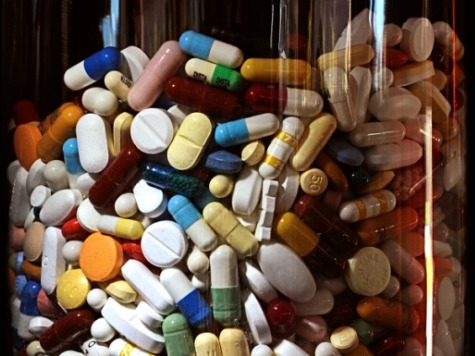
There are about 10,000 toddlers in the United States aged two to three on medication for Attention Deficit Hyperactivity Disorder (ADHD) These ages are two years before the ADHD guidelines, which suggests children as young as four could qualify for an ADHD diagnosis.
The report by the Centers for Disease Control and Prevention also found “that toddlers covered by Medicaid are particularly prone to be put on medication such as Ritalin and Adderall.” Dr. Susanna Visser was in charge of the research in Georgia.
Medicaid claims in Georgia and claims by privately insured families nationwide kept by MarketScan, a research firm. Her report did not directly present a total number of toddlers 2 and 3 years old nationwide being medicated for the disorder, however her data suggested a number of at least 10,000 and perhaps many more.
Dr. Visser’s analysis of Georgia Medicaid claims found about one in 225 toddlers being medicated for A.D.H.D., or 760 cases in that state alone. Dr. Visser said that nationwide Medicaid data were not yet available, but Georgia’s rates of the disorder are very typical of the United States as a whole.
In 2013, the CDC found 11% of children between 4-17 were diagnosed with ADHD and the majority of them received either medicine. Adderall is approved for kids younger than six, but excellent performance by medicated kids changed the guidelines. From the New York Times:
However, because off-label use of methylphenidate in preschool children had produced some encouraging results, the most recent American Academy of Pediatrics guidelines authorized it in 4- and 5-year-olds — but only after formal training for parents and teachers to improve the child’s environment were unsuccessful.
Children below age 4 are not covered in those guidelines because hyperactivity and impulsivity are developmentally appropriate for toddlers, several experts said, and more time is needed to see if a disorder is truly present.
Dr. Visser also said doctors did not suggest to parents or day care workers to provide the children with a more structured environment. Instead, they just prescribe this strong medication. “It puts these children and their developing minds at risk, and their health is at risk,” she said.
ADD and ADHD symptoms are similar to other problems such as depression, anxiety and even narcolepsy. Dr. Doris Greenberg, a behavioral pediatrician in Savannah, GA, said these medicines could make anxiety and depression worse. Ritalin is a known appetite suppressant and can cause major weight loss.

COMMENTS
Please let us know if you're having issues with commenting.